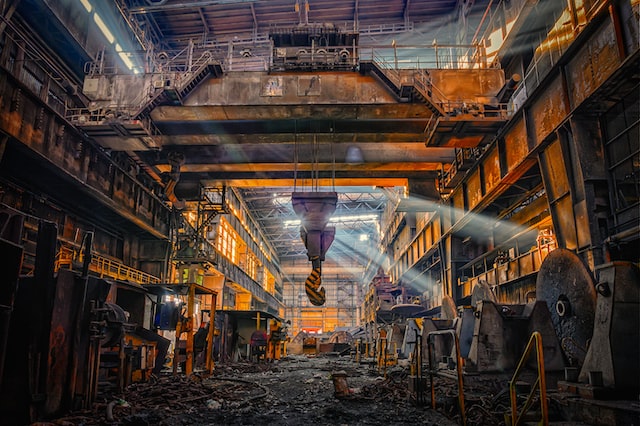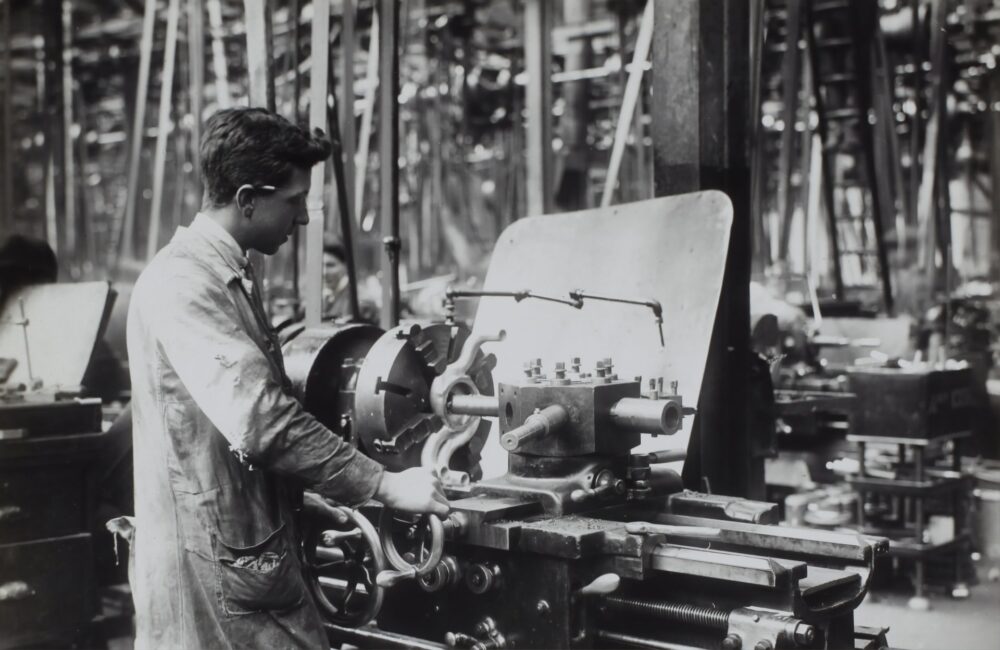Andrew Carnegie created a monopoly in the steel industry in the United States. He did so by creating a vertical monopoly. A vertical monopoly is a business model that controls the entire process of making a high-value product. By doing so, it synchronizes demand and supply and reduces transaction costs.
The steel industry was growing in the late nineteenth century. Andrew Carnegie seized the opportunity to invest in it and built a company that was the most successful in the history of the industry. He used consolidation to gain control of raw materials and transportation. His monopoly of the steel industry allowed him to make steel more efficiently and at a cheaper price.

As the monopoly became stronger, it started to affect the industry’s growth. It also caused the industry to go through numerous changes. For example, in the mid-1890s, investment bankers started merging large corporations. This allowed them to sell stock in holding companies.
In addition to creating a monopoly, Andrew Carnegie pushed the steel industry to produce high-quality products at lower prices. This was possible by implementing the Bessemer process, which allows for greater efficiency by combining the manufacturing of steel with the production of other materials.
Although he was a ruthless businessman, Carnegie was very generous. He gave away most of his fortune to his family and to other causes. At the height of his success, he employed over 40,000 people. Not all of them were happy with his treatment of workers. However, they all benefited from the company’s profits, which they were able to use for expansion.
In the twentieth century, Andrew Carnegie made his fortune by controlling the entire supply of raw materials in the steel industry. He also built a vast network of rail lines and shipping companies to carry his raw materials. He bought railroads, coal mines, and steel mills.
While he was a ruthless entrepreneur, he was also a visionary. He believed that the cost of operating a business was more important than the costs of construction. That is why, as he grew, he invested in different aspects of the industry.

When the government passed the Sherman Antitrust Act, the Steel Corporation was attacked. It was a case of bad monopolies versus good monopolies. According to the act, a monopoly is a company that has complete control over a certain commodity or market. Often, the monopoly is created by a single owner with a single vision.
Andrew Carnegie is often regarded as a Robber Baron because he treated his employees unfairly. Some of the men and women who worked for him argued that his actions were heartless. Others, however, saw him as a true American Industrialist. During his rise to power, Andrew Carnegie helped form the American economy.
When he was in his forties, he had already built the largest steel company in the world. This was one of the first billion-dollar companies in America. He was also the richest man in the world.

